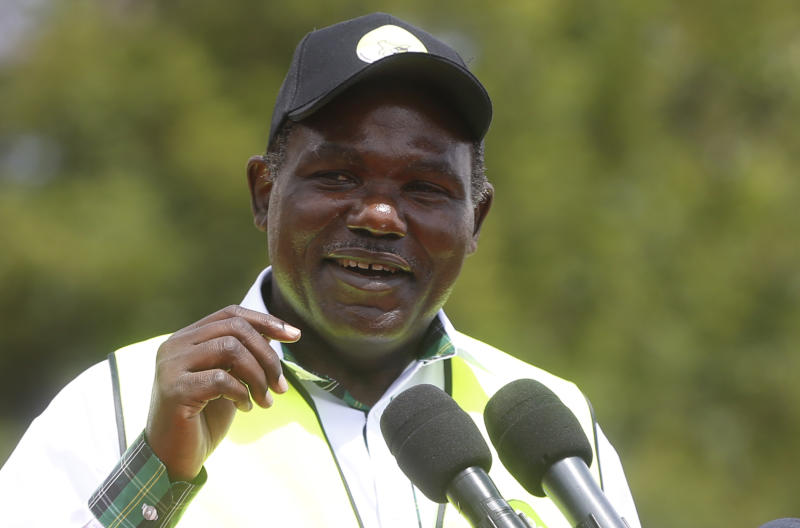×
The Standard e-Paper
Home To Bold Columnists

IEBC Chairman Wafula Chebukati during the Official launch of enhanced continuous voter registration at the Nakuru Athletic Club (NAC) on October 4, 2021.[Kipsang Joseph, Standard]
The Independent Electoral and Boundaries Commission (IEBC) chair Wafula Chebukati is fighting an application seeking to have him jailed or barred from office for failing to give access to the computer servers in 2017 presidential election.